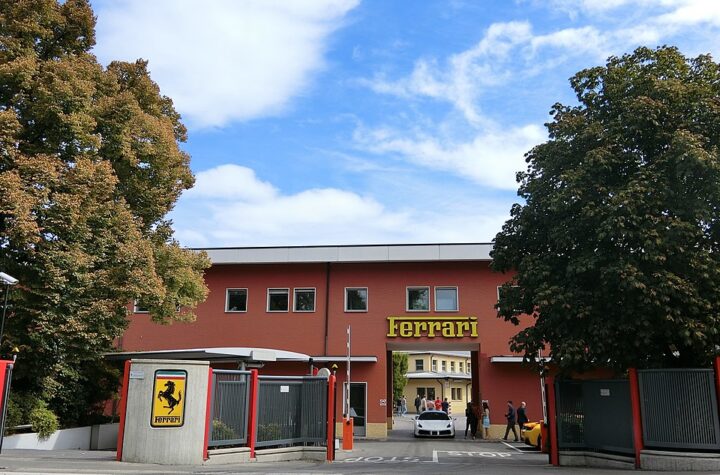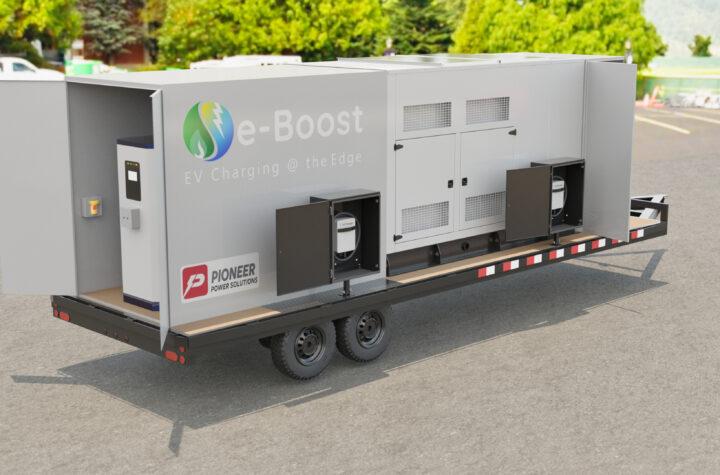
General Motors will invest more than $494 million and create nearly 550 jobs in three U.S. plants to produce the next generation fuel efficient Ecotec engine. The project consists of the following:
— Tonawanda — $425 million site investment will add capacity for the
next generation Ecotec engine at 370,000 per year and bring about 470
jobs to that community
— Defiance – $59 million site investment will support precision sand
cast block at a capacity of 188,000 annually and result in about 80
jobs to that community
— Bay City – $10.5 million site investment will bring new product to the
plant (Ecotec connecting rod) and will create about 15 jobs for that
plant.
The investment includes facility renovation, new machinery, equipment and special tooling to support this engine program at the three plants.
“GM is transforming its product portfolio to reduce fuel consumption and emissions, and the next generation Ecotec engine is an integral part of that transformation,” said Denise Johnson, vice president – labor relations. “The investment in state-of-the-art four-cylinder engines is another example of GM’s commitment to replace larger-displacement engines with more compact, advanced four-cylinder engines that optimize fuel savings and performance. We look forward to working with our union partners at these three plants to make this investment a success.”
The investment in Tonawanda, supported by the investments at Defiance and Bay City, will go toward producing two next-generation Ecotec engines. The new engines will have additional capabilities to improve fuel efficiency and improve performance through advanced design and by adding technology.
The Ecotec engine family is known for its reliability, fuel efficiency and performance. GM Ecotec engines have been on the forefront of delivering leading edge technology including direct injection, variable valve timing and turbocharging. Direct fuel injection, a hallmark of many Ecotec engines since 2007, is just now becoming mainstream technology in the industry.
The current Ecotec 2.4L with direct injection and variable valve timing in the Buick LaCrosse, Chevrolet Equinox and GMC Terrain was recently recognized as a Ward’s Auto World magazine’s 2010 “Ten Best Engine” for North America based on several factors, including power, fuel efficiency and new technology. The Ecotec is currently available in 2.0L, 2.2L and 2.4L displacements.
“This investment is important because it supports manufacturing in the United States,” said Cal Rapson, vice president and director, UAW International Union. “All three plants have a strong reputation for building quality and focusing on the needs of our customers.”
For competitive reasons, specifics about the engine capabilities as well as product applications will be shared at a later date.
About General Motors: General Motors, one of the world’s largest automakers, traces its roots back to 1908. With its global headquarters in Detroit, GM employs 204,000 people in every major region of the world and does business in some 140 countries. GM and its strategic partners produce cars and trucks in 34 countries, and sell and service these vehicles through the following brands: Buick, Cadillac, Chevrolet, GMC, GM Daewoo, Holden, Opel, Vauxhall and Wuling. GM’s largest national market is the United States, followed by China, Brazil, Germany, the United Kingdom, Canada, and Italy. GM’s OnStar subsidiary is the industry leader in vehicle safety, security and information services. General Motors acquired operations from General Motors Corporation on July 10, 2009, and references to prior periods in this and other press materials refer to operations of the old General Motors Corporation. More information on the new General Motors can be found at www.gm.com.














More Stories
Southfield Classics utilizes Ampere EV engineering to become the first manufacturer to achieve Low Volume Vehicle Manufacturer Certification
AVL ThermalLab™ brings dynamic road VTMS conditions to the laboratory
Sika – where battery storage technology for EVs, wind and solar meet